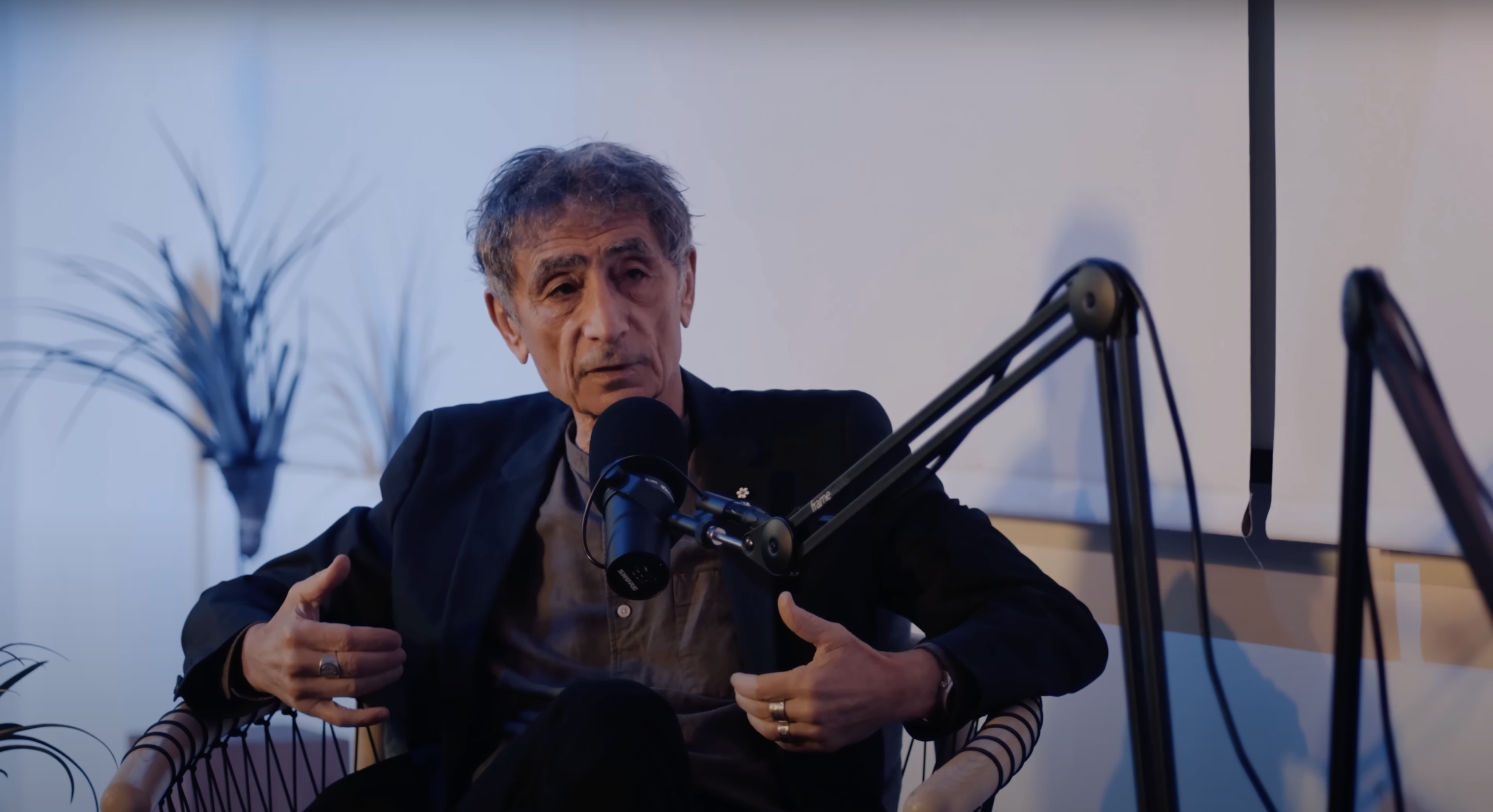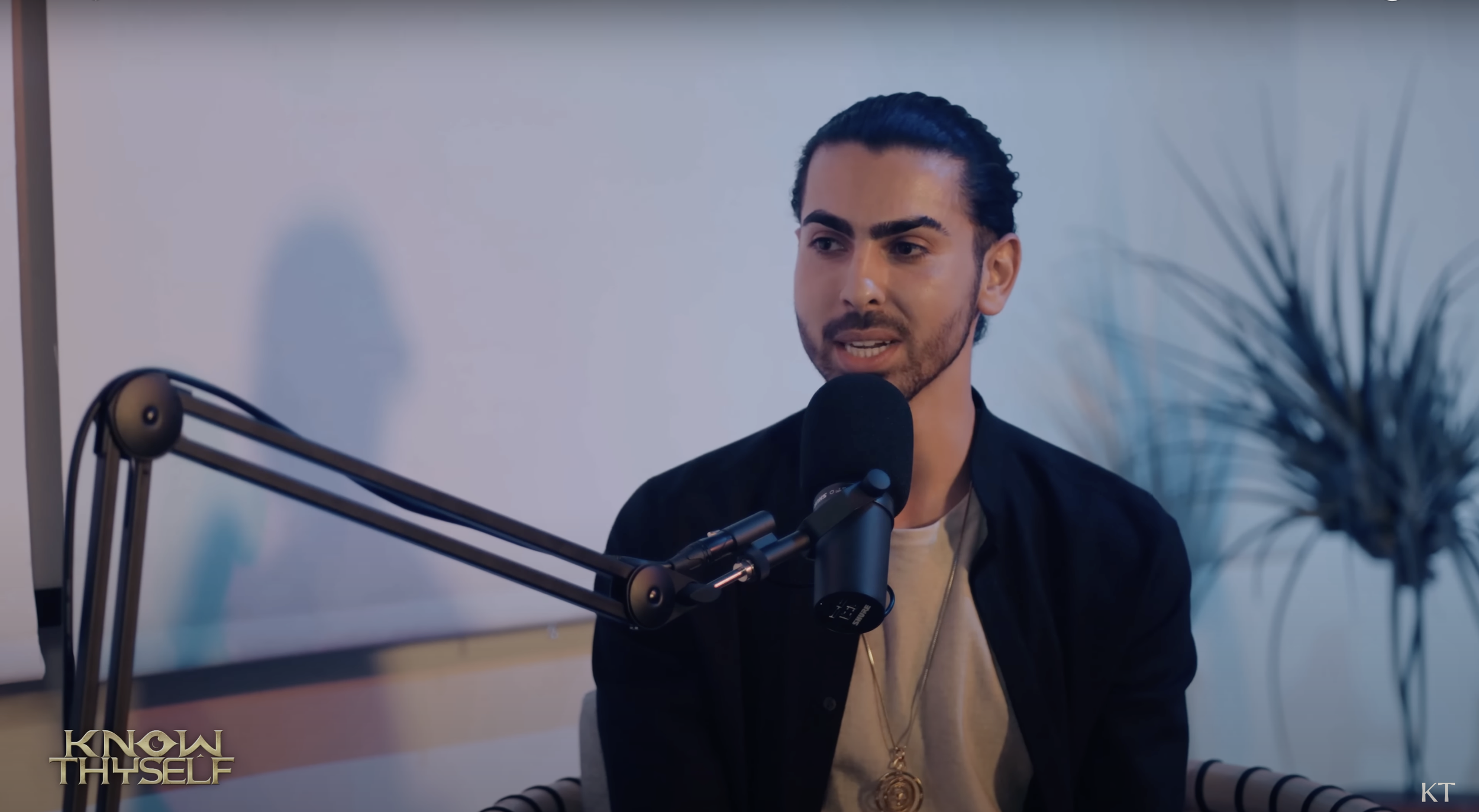Healing Trauma in a Toxic Culture | Dr. Gabor Maté
When it comes to disease, mental illness, and addiction in our society, trauma is largely misunderstood and not discussed enough. In this live episode of the Know Thyself Podcast, we are joined by world-renowned author Dr. Gabor Maté, as he explains the myth of normal, and how to heal trauma in a toxic culture. He describes the origins of trauma and how memories of the past haunt our subconscious behaviors. Revealing how when we use our awareness and compassionate inquiry to heal these traumas, we unlock the gift of rediscovering our true nature. The podcast is followed by a live Q&A from our audience, where Dr. Maté discusses the broken school system, ADHD as a coping mechanism, psychiatric medications, ayahuasca, and much more.
KEY TAKEAWAYS
Toxic culture distorts our sense of “normal”
Maté emphasizes that what many consider “normal” is often dysfunctional—a culture of emotional numbness and disconnection. This pervasive norm suppresses genuine expression and erodes our capacity for presence and relational depth. By recognizing toxic cultural norms, we can begin to question them and reconnect with our authentic selves.
Childhood trauma creates lifelong coping mechanisms
Through Compassionate Inquiry, Maté explores how early trauma imprints coping strategies—like addiction, emotional suppression, or chronic illness. These unconscious patterns show up later in life and must be attended to with self-compassion and inquiry to foster healing.
Our wounds may hold deeper purpose
Maté reframes suffering as a catalyst: our vulnerabilities and sensitivity can become sources of creativity, empathy, and meaning. By accepting both our light and shadow, we begin reconnecting to who we really are—finding wholeness and purpose.
JOURNAL PROMPTS
prompt 01
Who am I beneath what the world has asked me to be?
prompt 02
What did I most need as a child that I didn’t receive — and how can I give that to myself now?
prompt 03
What am I ready to take responsibility for in my life, not as a burden—but as an act of empowerment?


